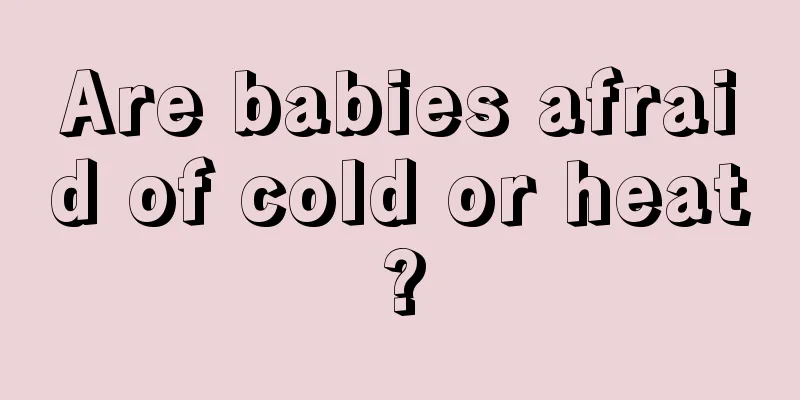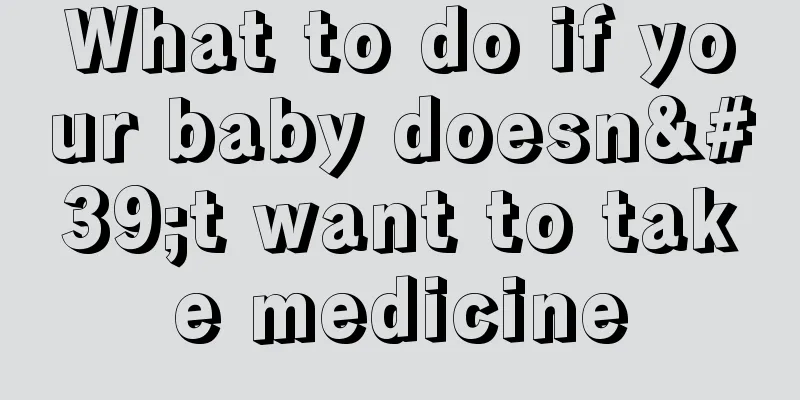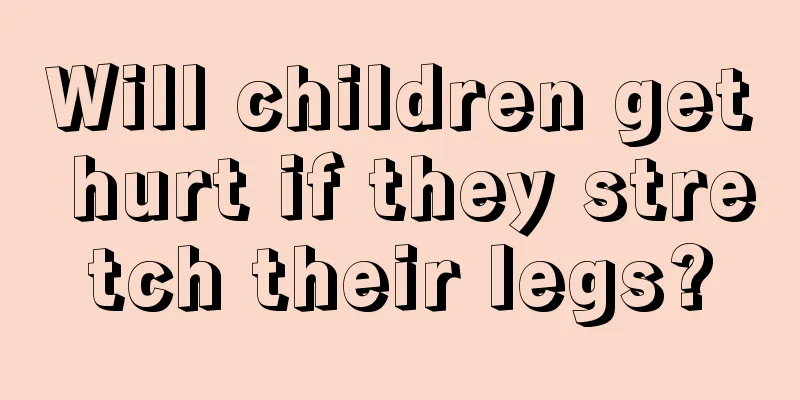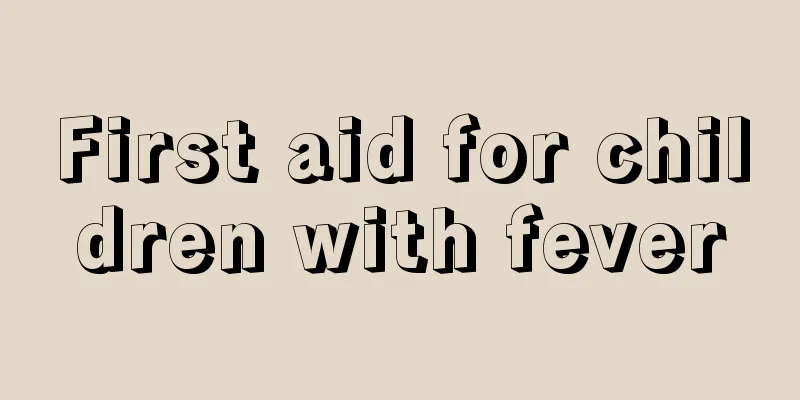Are babies afraid of cold or heat?

|
Whether babies are afraid of cold or heat is not absolute. Everyone's physical fitness is different. After babies are born, they are still relatively unfamiliar with the external environment. They can only gradually adapt to this environment. Over time, they will expose some of their physical characteristics. Let us now understand whether babies are afraid of cold or heat. Babies with an internal heat constitution often have symptoms such as hot hands and feet, hard stools, phlegm, easy upper respiratory tract infections, and they sweat easily. They often get angry, are particularly afraid of heat, like to enjoy cool breezes, drink water, and drink cold drinks, and sometimes have an indigestible odor in their mouths. The most common symptoms of babies with cold constitution are: often cold hands and feet, especially afraid of cold and wind, poor resistance to disease, and discomfort after eating cold food. Babies with cold constitution should pay attention to the following points: Diet: People with cold constitution are suitable to eat more warm foods, which can improve body functions and increase vitality. Avoid eating some cold foods. You can eat more beef, mutton, chicken, eggs, crucian carp, carp, grass carp, eel, etc. Living requirements: It is best to live in a sunny room. A cold environment causes the body to lose too much heat, directly depletes yang energy, causes blood vessels to constrict, and affects blood circulation. Others: For babies with cold constitution, it is best for parents to take their babies outdoors to bask in the sun more often. This can absorb natural yang energy and make up for the lack of yang energy in the human body. In addition, it is best to insist on letting your baby exercise and take a half-hour walk outdoors every day to promote blood circulation throughout the body, which is very helpful for improving physical fitness. Babies with hot constitution should pay attention to the following points: Look at the complexion: if the skin on the tip of the nose and forehead is pale and feels cool to the touch, you may be cold. If your cheeks are red and feel damp to the touch, it means the temperature is high. Touch the palms and soles of feet: If you stretch your exposed limbs normally, the skin surface should be cool, but the palms and soles of feet should be warm. If the palms and soles of your hands and feet are cool, you are cold; if your skin is warm, it may be too hot. Look at the expression: when awake, the person does not move, and his eyes are dull and sleepy. You can touch him to see if he feels cold; if his hands and feet move restlessly and his expression is excited, he is probably suffering from heat. Babies who are afraid of cold or heat will have certain symptoms. After my introduction, parents can also judge whether their babies are in normal physical condition based on some characteristics of their babies. In fact, the external environment has a great impact on their physical condition, so we must pay attention to it. |
<<: What causes red bumps in babies?
>>: What are the small red bumps on the baby's face?
Recommend
Does a three-month-old baby know his mother?
Babies are the objects of their parents' love...
The baby suddenly eats less milk
Babies under one year old need a lot of breast mi...
What should we do if primary school students smoke?
Nowadays, more and more people smoke, and they ar...
14 types of children are born with high IQ, don't bury your children
Many children are born with high IQs, which requi...
Causes of nasal congestion and phlegm in newborns
As we all know, nasal congestion and phlegm are c...
Why is my baby's stool green?
It is the common wish of many parents that their ...
What should I do if my child has a sore throat and fever?
Children will have various minor illnesses when t...
What medicine is effective for children's wind-heat cold and cough?
Once a child catches a cold, his body will become...
Symptoms of viral fever in children
Children's resistance is relatively weak, so ...
What is the massage therapy for runny nose in children?
Because children are more naughty and do not pay ...
What are the dangers of blue light exposure for infant jaundice?
If the baby has physiological jaundice, no treatm...
Is herpes virus contagious in children?
Children's physical resistance is relatively ...
Reasons for loose skin in babies
The baby's skin will not become loose. If it ...
What medicine should children take for night terrors?
Many parents with children will find that when th...
How high is the fever when the baby has convulsions?
We all want our children to grow up healthy and h...









